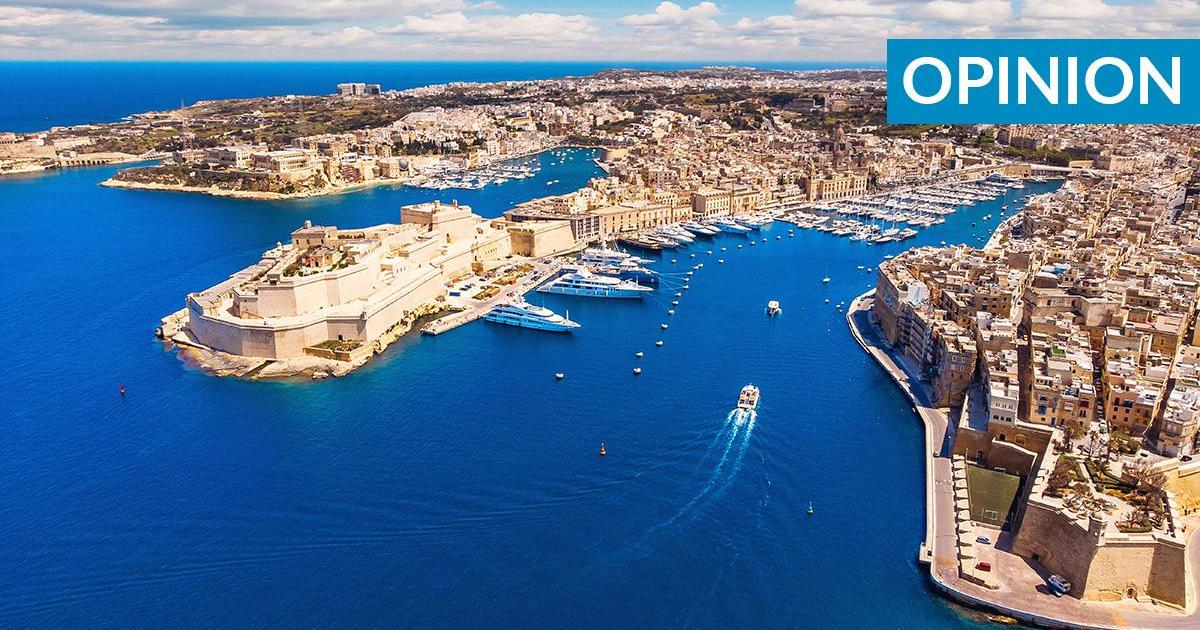Our islands have always stood at the crossroads of history, serving as a beacon of resilience, adaptation and cultural convergence for centuries. Today, Malta finds itself once again at yet another defining junction, facing transformative changes that are reshaping not only our economy and infrastructure but also the very fabric of our society. As we look ahead, we cannot deny the magnitude of these changes or their impact. Globalisation, digital innovation and evolving social values continue to compel us to reconsider how we engage with each other and how we envision our collective future. These shifts are not merely incremental; they are profound and as such demand thoughtful reflection and purposeful action. Our society is undergoing a transformation unlike which we have ever seen before, characterised by rapid technological advancements, shifting demographics and evolving societal norms. We are witnessing the unprecedented pace of technological advancement which promises boundless opportunities. From artificial intelligence and machine learning to renewable energy and smart cities, technology today can dramatically enhance the quality of life for all Maltese citizens. Advances in digital connectivity are reshaping workplaces, schools and homes, driving greater efficiency and innovation. Yet, embracing technology must be coupled with safeguarding human dignity, privacy and ethical standards. As we become increasingly reliant on digital solutions, cybersecurity, data protection and responsible digital citizenship become paramount. Technology, after all, should serve humanity, not overshadow or replace our human connections. Socially, our nation is also undergoing significant transformation. Our demographics are diversifying rapidly, bringing in new cultures, traditions and perspectives to our shores. This multicultural influx can enrich our national tapestry, introducing fresh ideas and fostering innovation. Yet, it presents us equally with challenges to traditional notions of our Maltese identity and community cohesion. With this in mind, we must approach integration thoughtfully, ensuring that our communities remain inclusive and welcoming while preserving the core values that have historically united us as Maltese. Balancing diversity with cohesion will require open dialogue, mutual respect and proactive policies that address integration at grassroots levels, ensuring that all voices are heard and valued. Moreover, societal expectations around critical issues such as sustainability, environmental stewardship and ethical governance are rapidly reshaping our politics and public discourse. Climate change, resource scarcity and environmental degradation present urgent challenges requiring immediate and consistent action. Rightfully so, citizens demand greater accountability and transparency from their leaders, urging a shift from reactive governance to proactive, vision-driven policymaking. Therefore our leaders must embody these principles not merely as abstract aspirations but as fundamental, practical commitments, adopting robust strategies to ensure sustainable growth, responsible development and comprehensive environmental protection, thereby safeguarding our islands for future generations. Naturally, as always, education will play a pivotal role in navigating this evolving landscape. It is no longer sufficient to merely impart knowledge; our education system must cultivate critical thinking, adaptability, creativity and emotional intelligence. We must prepare our youth to engage actively within an increasingly complex world, fostering skills that empower them to adapt to continuous change. This reform must focus on equipping learners not only with technical skills but also with the moral and ethical frameworks necessary to navigate ethical dilemmas posed by technological and societal shifts. By investing in holistic and forward-thinking education, we can cultivate a future generation capable of driving meaningful progress and innovation.
